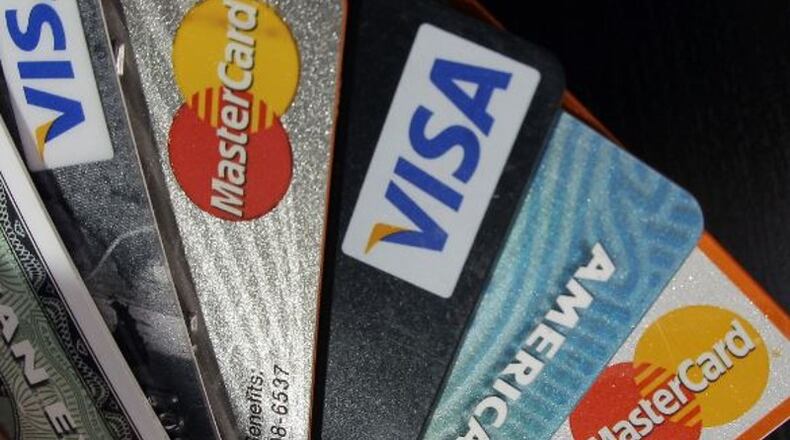- Make a list. Shop only from your list and you will be less likely to make impulse buys.
- Look for free delivery. Shopping online potentially can be more expensive than visiting a store, as delivery fees quickly can add up and put you over budget. Online stores often offer free shipping promotions, so take advantage of them.
- Look for Apps & Coupons. Avoid overspending by looking for loyalty programs that will allow you to use a coupon or alerts you about sales.
- Make time to check your account regularly, even daily, to get a feel for when you're in the greatest danger of overdrawing. Use online banking and mobile tools to easily view your accounts from wherever you are.
- Sign up for low-balance alerts. Keep tabs on your card usage by setting up and receiving real-time email or text message alerts when your card is used online, internationally or for transactions greater than a specified amount. This is a fast and easy way to monitor your account and to be aware of when you're getting close to balance levels you've set.
BONUS TIP: Set up a safety net. A savings account or line of credit linked to your checking account can help cover the discrepancy between your online deals and what you have available. Research which option may be better for you, as there are pros and cons to each.
FIVE FAST BUSINESS READS
• Dorothy Lane Market launches new ordering app
• 3 retailers coming to The Greene in Beavercreek
• UberEATS launches food delivery services in Dayton
About the Author
